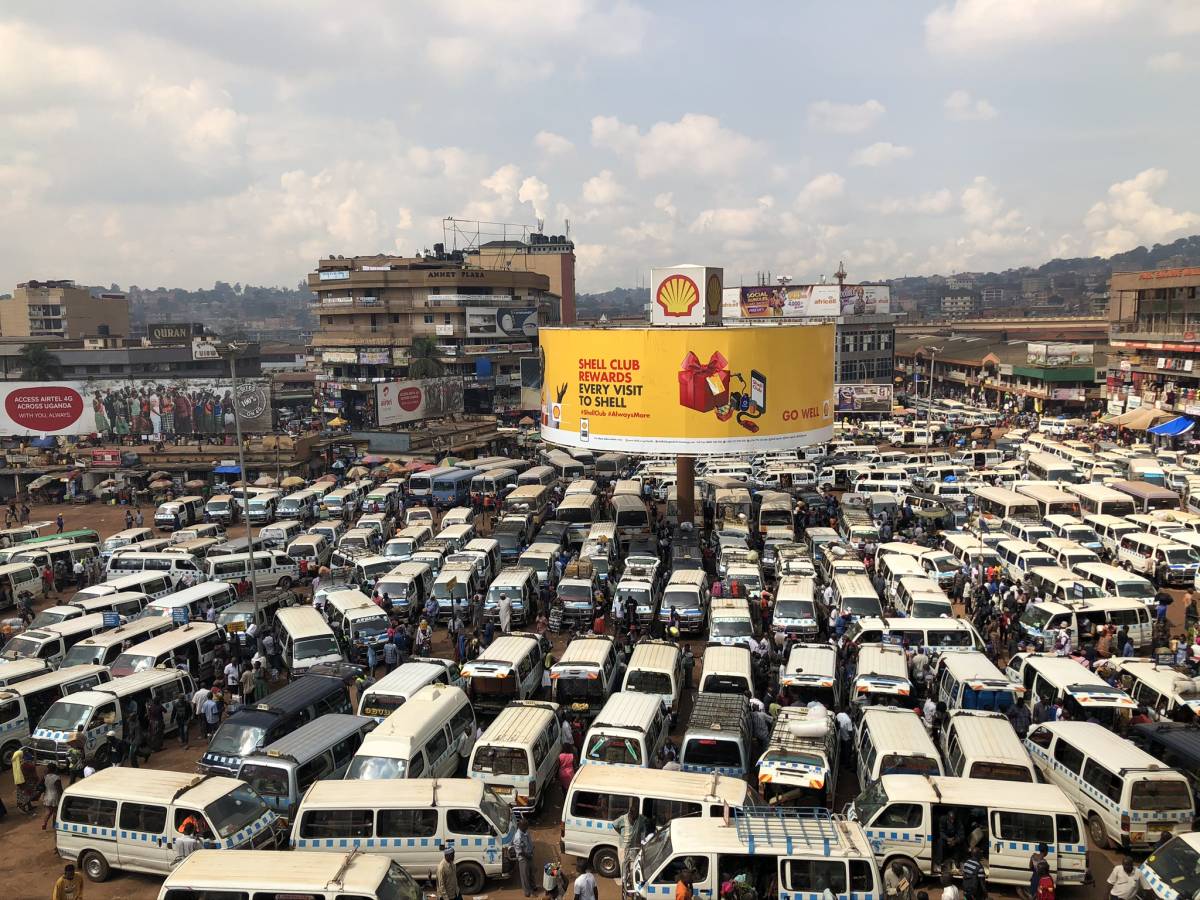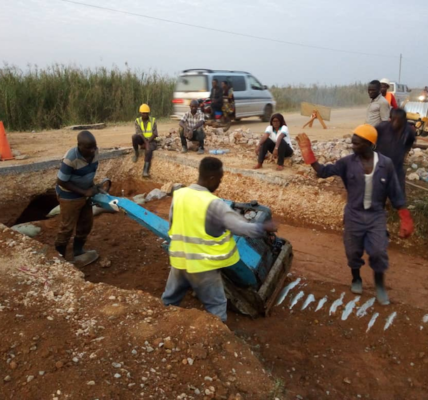Senior leaders of the National Unity Platform (NUP) found themselves entrenched in crisis mode on the evening of March 26, grappling with Speaker of Parliament Anita Among’s rejection of their attempt to remove Mr. Mathias Mpuuga from a top House position. The Nyendo-Mukungwe MP had defiantly resisted calls for his resignation from the role of parliamentary commissioner, prompting a heated standoff within the party.
The unfolding drama began earlier that day when Mr. Mpuuga, at a press briefing, challenged his party’s authority, refusing to step down from his position. In response, a crisis meeting convened at the NUP headquarters in Makerere-Kavule, reportedly at the behest of acting party president Ms. Lina Zedriga, following the viral circulation of Speaker Among’s letter rejecting Mpuuga’s withdrawal.
In her letter, Speaker Among cited constitutional provisions and parliamentary rules, unequivocally stating that once elected by Parliament, commissioners serve the institution as a whole and cannot be recalled by their respective parties. This stance effectively thwarted NUP’s attempts to remove Mpuuga from his post.
The standoff stems from allegations of corruption against Mr. Mpuuga during his tenure as Leader of the Opposition, where he, along with other commissioners, allocated themselves a substantial “service award.” Despite the party’s insistence on his removal, Mpuuga has vehemently defended his actions, asserting that they were legal and justified.
The rift between Mpuuga and NUP leadership underscores deeper fissures within the party, with accusations of arbitrary leadership, nepotism, and corruption being leveled from both sides. While NUP leaders grapple with internal discord, the wider implications of this power struggle remain uncertain.
As tensions escalate, the future of NUP hangs in the balance, with Mr. Mpuuga’s defiance signaling a potential leadership challenge within the party. While calls for dialogue and mediation persist, the path forward remains uncertain, leaving Uganda’s political landscape in a state of flux.
Against this backdrop, Mr. Mpuuga’s resolve to stay and institute reforms within NUP reflects a broader commitment to the party’s principles. However, the specter of division looms large, threatening to derail the party’s aspirations for political change and transformation.
As Uganda’s political scene continues to evolve, the standoff within NUP serves as a sobering reminder of the challenges inherent in navigating the complex intersection of power, integrity, and accountability. Only time will tell how this saga unfolds and its ramifications for the country’s political future.






